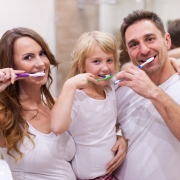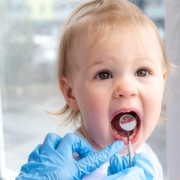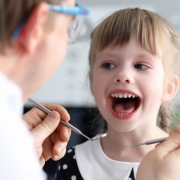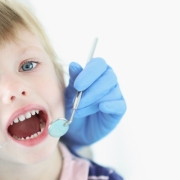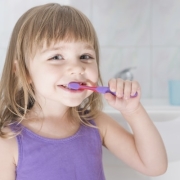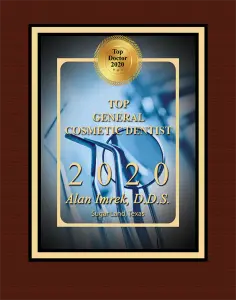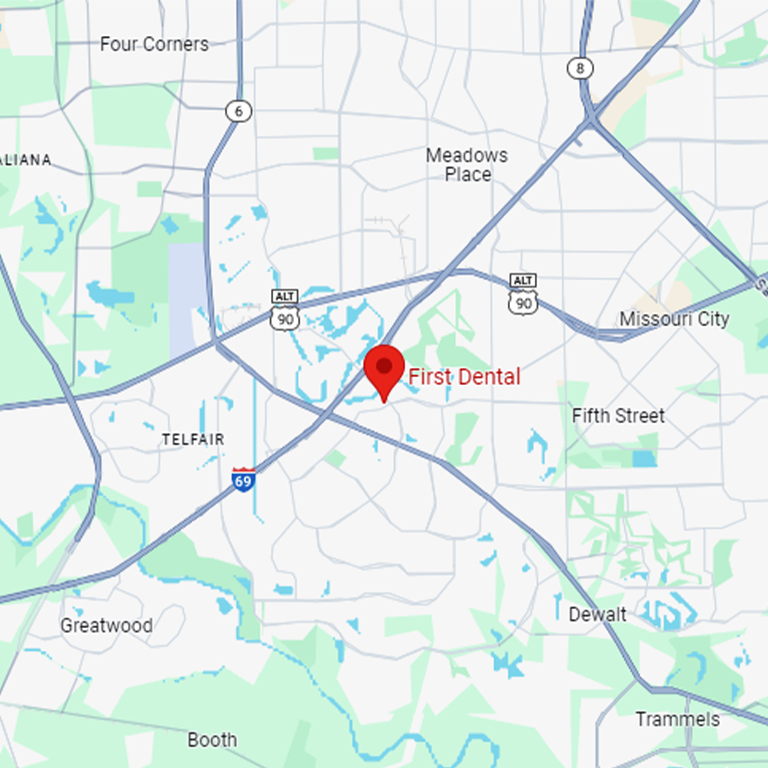5 Things You Can Do to Help Your Child Maintain Healthy Teeth and Gums
Your child’s first experiences taking care of their teeth can help set them up for a lifetime of good oral health. As your child’s dentist in Sugar Land, TX, we can help with this. Below, we’ve listed several things you can do to help your child have healthy teeth from a young age.
1. See the Dentist Regularly
Kids need to see the dentist regularly, just like adults. Ask your child’s dentist how often your child should come in for appointments. Make your child’s appointments at the same time each year to avoid forgetting to make the appointment. Many kids go see the dentist before school starts, so they can get their appointment out of the way while they’re not expected to be in school.
2. Brush Their Teeth Until They’re Ready
Brush your child’s teeth until they’ve developed the hand-eye coordination to brush their teeth on their own. Many kids need to have their teeth brushed until they’re about seven years old. If your child thinks they’re ready to brush their own teeth, have them demonstrate for you how they brush their teeth. They can show you if they’re ready.
3. Teach Them Good Oral Hygiene Habits
Talk to your child about what you do to take care of your teeth. Talk about how you go to the dentist regularly, how you brush your teeth twice daily, and floss once daily. Showing your child how you take care of your teeth can help your child learn to care for their teeth.
4. Limit Their Intake of Sugar
Kids like to eat a lot of candy! It’s not good for their teeth. Limit your child’s intake of sugar by keeping sugarless snacks on hand. Cashews, almonds, peanuts, boiled eggs, and hummus and crackers are all examples of foods that are less damaging to your child’s teeth.
5. Consider Dental Sealants
Dental sealants are thin protective coatings that the dentist will paint on your child’s molars. Consider dental sealants for your child. These dental sealants in Sugar Land, TX can help protect your child’s teeth from cavities. Does your child need dental sealants or a dental appointment? Call First Dental Family & Cosmetic Dentistry today.

